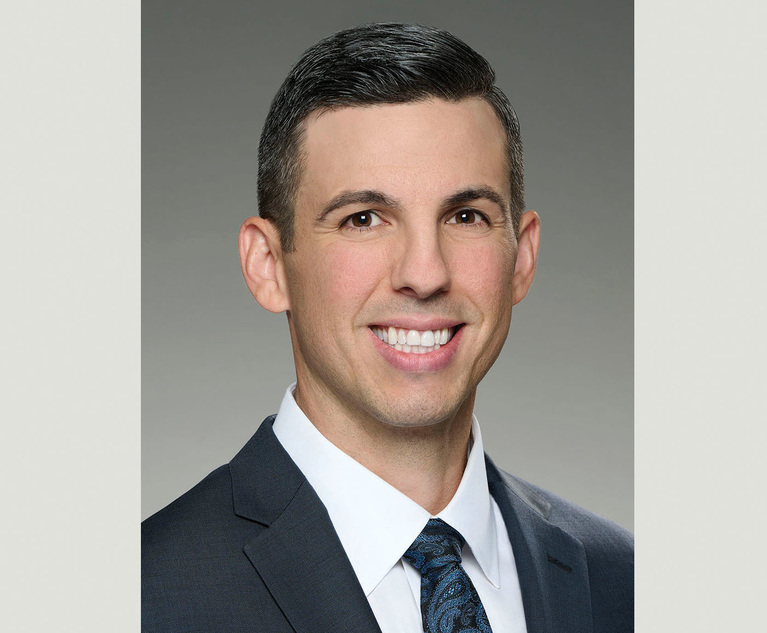In Clem v. Skinner, the Delaware Court of Chancery dismissed yet another Caremark suit, once again showing that a Caremark claim remains “possibly the most difficult theory in corporation law upon which a plaintiff might hope to win a judgment.” “Fueled by hindsight bias,” Vice Chancellor Lori W. Will explained, Caremark suits have “proliferated in Delaware” seeking to hold directors personally liable for imperfect efforts, operational struggles and business decisions. But, the court noted, a stockholder’s position that the board’s response to a corporate crisis merely “came too late and did too little” is insufficient under Caremark, which requires a showing that directors acted in bad faith.
A claim for breach of fiduciary duty against directors based on a failure of oversight or intervention in the face of corporate trauma is commonly referred to as a Caremark claim, a reference to the landmark case In re Caremark International, Inc. Derivative Litigation, 698 A.2d 959 (Del. Ch. 1996). Caremark claims are typically brought by stockholders after a corporation suffers significant losses due to misconduct, fraud, or other wrongdoing within the company. The crux of the allegation is that the harm to the company could have been prevented or mitigated if the directors had just exercised proper oversight.


 Cliff C. Gardner, left, and TJ Rivera, right, of Skadden, Arps, Slate, Meagher & Flom. Courtesy photos
Cliff C. Gardner, left, and TJ Rivera, right, of Skadden, Arps, Slate, Meagher & Flom. Courtesy photos




